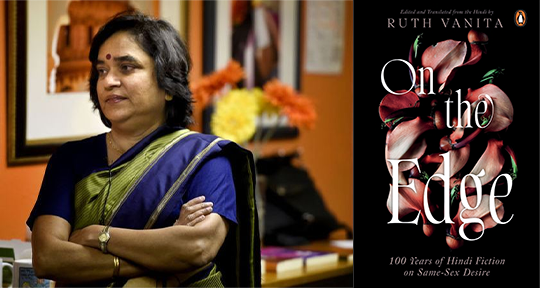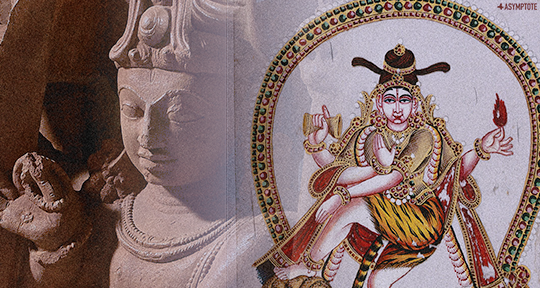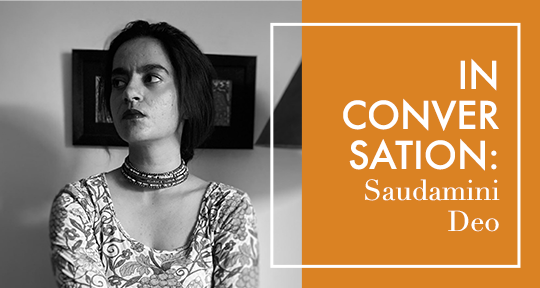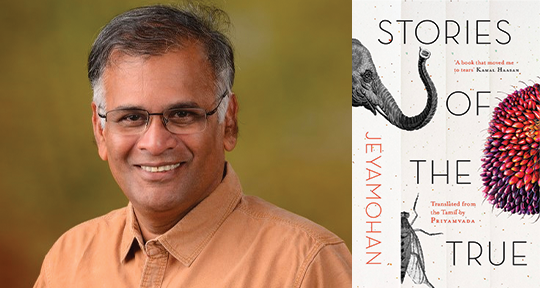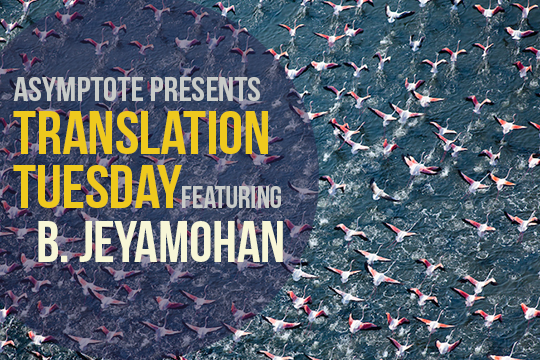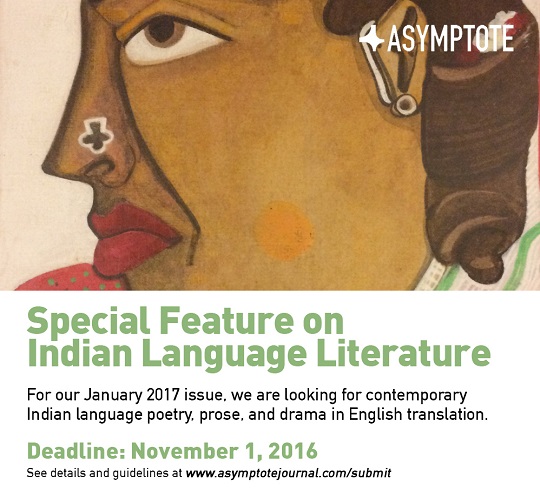Writer and translator Saudamini Deo is expanding the English-speaking world’s understanding of Hindi literature, working to translate forgotten works by avant-garde literary outsiders into English for the first time. Several years after she began this series of translations with a collection of short stories by Bhuwaneshwar, the second book in the project, Traces of Boots on Tongue by Rajkamal Chaudhary, is being published by Seagull Books as part of their India List series.
I first spoke to Deo about her translation project in 2020, at the beginning of the COVID-19 pandemic. The writers she was interested in were almost totally unknown outside of India, and I was curious to know what it meant to have them recovered, translated, and presented to an English readership navigating life in the twenty-first century. We exchanged questions and answers while both of our countries were in strict lockdowns—her in India, me in Australia. In the fog of fear and uncertainty that had overcome us, I wondered if Deo’s project was a way of coping with the immediate reality of living through something lifted straight from a history book—would it last beyond those early days of COVID-19 or was it a mere distraction?
Three years later, the project has not only outlasted lockdowns, it has expanded and matured, taking on the shape that Deo had envisioned from the beginning: where Bhuwaneshwar’s stories are dreamy and deeply pessimistic, Chaudhary’s stories face the concrete absurdity and hardships of the everyday head on—their subjects span time and culture. As Deo states in her introduction: “Written more than 70 years ago, the stories sometimes read like they were written just this morning.”
Chaudhary wrote at a time when India was still a young nation, yet its promises of a future filled with hope and opportunity were slipping further and further beyond the horizon; as Deo puts it, it was a “world where there is no longer either god or morality, not even the desire for it.” Maybe, regardless of time and place, we always feel as though the riches we were promised never actually eventuate.
I asked Deo about the act of translation, the direction her translation project will take from here, Chaudhary the writer, and the parallels between his time and the present moment.
Tristan Foster (TF): Your English translation of Traces of Boots on Tongue by Rajkamal Chaudhary is due to be published by Seagull Books. What, in your view, makes Chaudhary significant to a modern English readership?
Saudamini Deo (SD): I think, in the last few decades, there has been some interest in Indian writing and Indian writers in the anglophone world. However, this interest or exposure is, to a large extent, limited to diaspora writers and writing. It’s about time that India is no longer seen or understood as a mere background to its diaspora. It’s not just a reference point or historical source, it’s a living and evolving country where people live fully human and complex lives, and is just as interesting or incomprehensible as anywhere else in the world. Rajkamal Chaudhary takes his readers through this maddening incomprehensibility of the modern Indian existence in the 1950s and 1960s. And India is not just about India much the same way as Europe is not just about Europe. It’s part of the entire world, it’s part of the reason why our present reality looks and feels the way it does. Chaudhary’s work would be significant to anyone interested in arriving at a fuller understanding of the human existence in these mad modern times. READ MORE…


